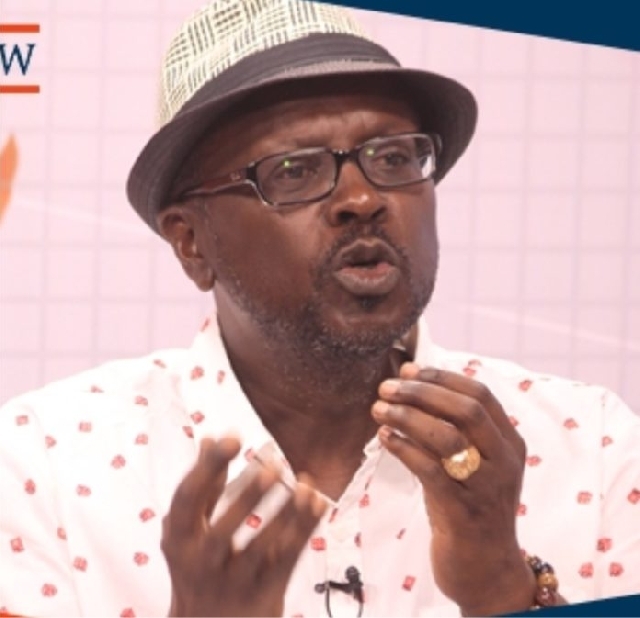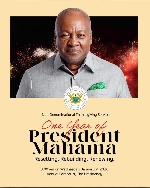Kwaku Asare criticises judicial inconsistency, warns of eroding public trust in courts
 Professor Stephen Kwaku Asare
Professor Stephen Kwaku Asare
D&D Fellow in Public Law and Justice at CDD-Ghana, Professor Stephen Kwaku Asare, has warned over perceived inconsistencies within Ghana’s judiciary, cautioning that such practices could erode public confidence in the courts.
In a statement addressing Ghana’s judicial principles, Professor Asare contended that while politicians may often change their stance with little consequence, the judiciary must remain consistent to retain its legitimacy.
“Politicians can champion a position in the morning and oppose it by evening. But courts cannot afford such inconsistency. Their very survival depends on stability and adherence to principle,” he asserted.
According to Professor Asare, the strength of the judiciary lies in the “steadfast, even-handed application of the law.”
He noted that inconsistent rulings, such as the courts interpreting identical facts differently to uphold jurisdiction in one case while denying it in another, undermine public trust.
“The moment they falter...they chip away at public trust,” he indicated.
Professor Asare expressed concern over cases where courts emphasised principles like the right to a fair hearing but then deliver judgments without hearing all parties involved.
He also highlighted instances of delays and perceived inequities in judicial handling, questioning why some cases are resolved in mere hours while others linger for years.
“Courts can’t enjoin an MP from serving their constituents for 15 months, while underscoring the sanctity of representation in other cases,” he noted.
Consistency, Professor Asare argues, is essential for public faith in the justice system. While people may accept rulings they disagree with, he explained, what breeds frustration is the perception of unequal treatment.
“What citizens resist is what they perceive as ‘ananse justice’ for some and ‘ntikuma justice’ for others. Such disparities breed suspicion and resentment,” he said.
Professor Asare lamented that many citizens are now disregarding court rulings, even when sound reasoning is involved, due to the perceived lack of consistency.
“When courts become inconsistent, they cease to be guardians of justice and start resembling politicians,” he observed.
Reflecting on the broader implications, he asked: “Whither are we drifting, when even the courts that are supposed to be the last bastion of fairness and reason begin to lose our trust?”
Source: classfmonline.com
Trending News

“We do not agree with the 25% fee increment, whether by the SRC or GRASAG”- Dr. Apaak
07:14
TOR boost operations with new fleets acquired from IGF
22:17
Our youth now idolising coup makers because of corrupt politicians – Agyinasare warns
11:31
Otumfuo pays historic visit to IGP today
07:05
Fiifi Kwetey’s ‘sycophancy’ in Mahama's third term could divide NDC- GFL Secretary General warns
21:59
3 suspects linked to robberies in Afienya and surrounding communities arrested, firearms recovered
12:32
NPA CEO visits Sentuo Refinery, commends role in downstream sector
03:46
Police take over Immigration Officer in 2,600 AK-47 ammunition trafficking probe
20:26
‘Make those who swallowed our riches vomit it’ – Agyinasare charges Mahama gov’t, says ‘not many’ve been tried, jailed yet’
11:16
Thanksgiving service to mark one year of President Mahama’s administration tomorrow Jan 7
00:11




